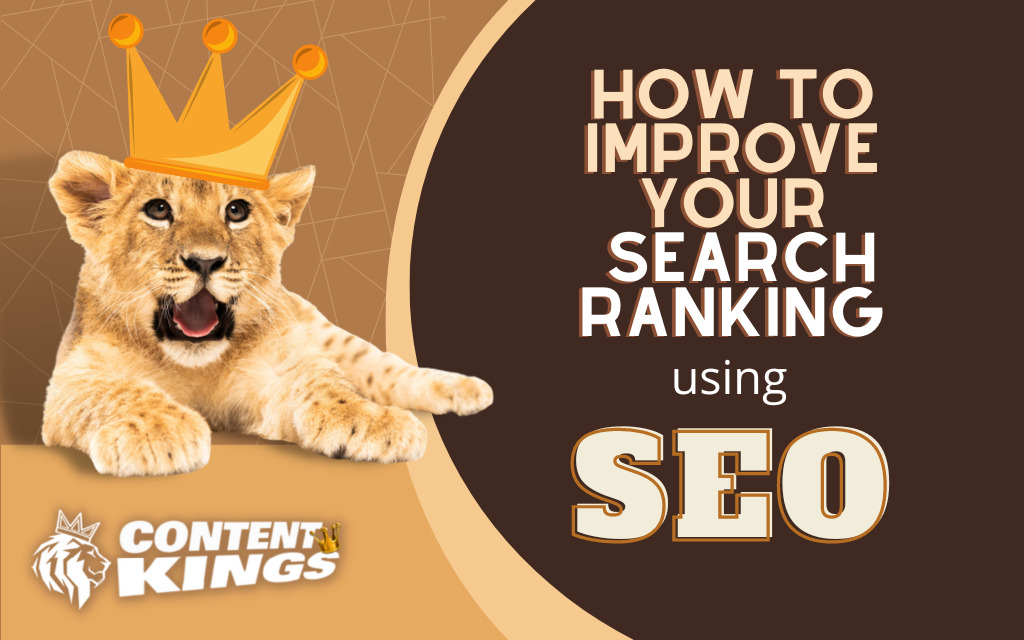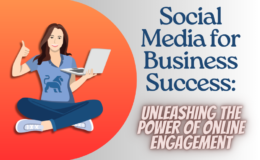You’re on ‘Family Feud’ and the host says, “Name something website owners use to get noticed on search engines”. What would you say? Number 1 answer on the board…survey says: “SEO services”!
Okay, enough playing around. SEO (search engine optimization) is not like the ABCs, there is a real science to it – maybe not rocket science, but SEO requires a ton of research, “systematic knowledge and experimentation…” (thanks, Dictionary.com). SEO is you making changes to your website structure and content to help it rank higher on search engines. When you optimize your website using SEO services, you increase visibility through organic (unpaid) search engine results.
Whether starting with a new site or looking for more visitors, if you know little about SEO you’ve got a learning curve. Sure, there are apps to fill in SEO gaps, but if you want real results, you’ll educate yourself and do things manually, or enlist a SEO services professional. Who wants to wait for a couple of months or longer, right?
What SEO tools should I use?
SEO tools are used to optimize your website to be noticed and ranked by search engines. If you fly solo, you’ll need to learn the tools you’ll need in your SEO toolkit. A good place to start is by searching Google for some of the best SEO tools currently available. For example, here is an article we found searching for “seo tools”, which has a great overview of some of the best tools you can use to achieve your SEO goals. Don’t be surprised that some of them are by paid subscription – these are useful tools. But many of them are free, so bonus! And here is a piece on some of the best SEO Companies in Canada (Content Kings is there!).
If you enlist a SEO expert, they have the tools and tricks that come with experience and success. Generally you won’t pay for tools if you hire an expert, you’ll be paying for the service. Experts know all about keyword research, and they know how to make your content visible to search engines. It is quite a science. So if you are just starting out and can make the investment, we recommend hiring experts to help.
Take note, however, SEO is an ongoing effort, not a set-it-and-forget-it effort. If you want visibility and rank on search engine results settle in for monthly costs!
How do I optimize my website?
No sugar coating here. It’s mostly about the quality content. If your content is not valuable to anyone, you simply won’t rank, because Google is smart and will notice! Again, that’s where Content Kings shines! We recommend the following:
Analyze, Conduct, Produce



Optimize on and off


Go mobile and speed it up!


How can I test my site for SEO performance?
You don’t just ‘set’ SEO and wish it well. To achieve optimal search results you’ll need to continually water your SEO flower, prune it back, feed it proper food, add daily sunlight and keep the bugs away until you have your award winning flower. When you have that, you need to keep it in the winning category. You must work on SEO services on a daily/weekly/monthly basis. It’s like the water for your flower, without it, the flower weakens and eventually goes unnoticed. Someone else’s flower will look better, and may not even have what your flower had before! But it’s still getting all the oohs and aahs.
With all that flowery lingo aside, how do you actually test your site? You turn to Google. You search for “sites to test seo performance” for starters. The first page of results will keep you reading for days. There are a ton of sites available to analyze your site quickly, show you what is working and, most importantly, what isn’t. Then you get to work fixing or improving everything these tools recommend to make your site faster, more visible, award winning. Many of these will show you only a portion of the things you need to improve, and you need to pay to see the entire results, but if you’re serious about getting noticed, they are worth every penny.
SEO Test Resources
One website we recommend is ahrefs. There are many available, but ahrefs is an all-in-one SEO services toolbox and resource-rich site you can use to rank higher and get more traffic. Look in the website’s footer and you’ll see a list of free SEO tools to start with. And whether you are a small business or a large agency or enterprise (and everything in between), they offer premium monthly or annual plans. If you pay yearly you shave off 2 months of payments. On the Lite plan, for example, you would save about $200 if you purchased the annual plan. What would you do with an extra $200? Pay for your domain hosting? Get a few tanks of gasoline for your vehicle?
Another way to test for SEO performance is checking your ranking in Google after you implement all of the above. As someone once said, “If you build it, they will come.” Truer words have never been spoken. Good luck, and contact us if you need SEO services or consultation. Remember, Content is King. It’s the key to ranking higher!
Fancy a Quote?


